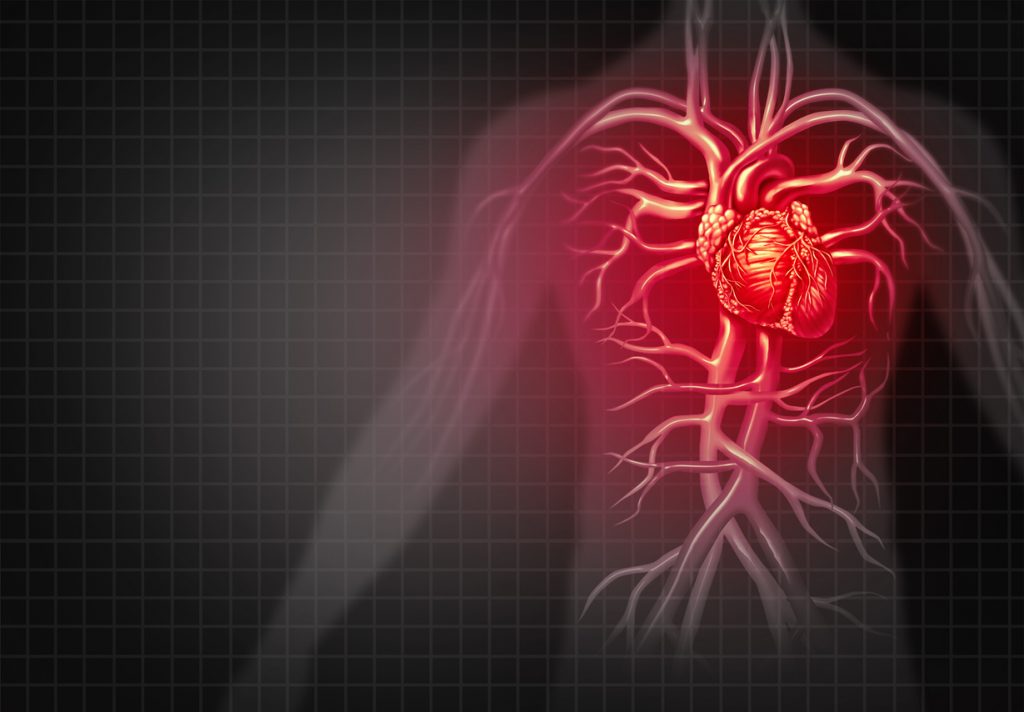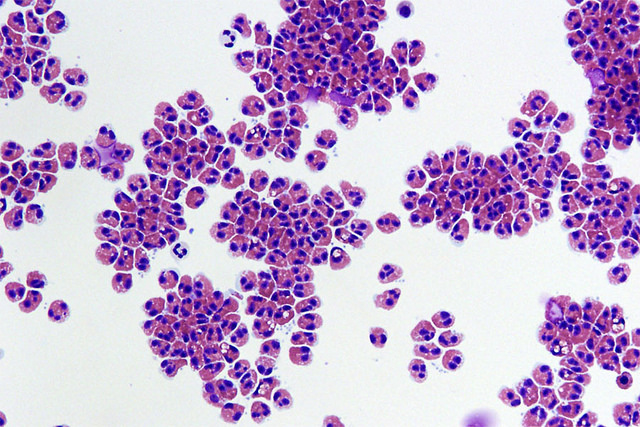Platelet activation and aggregation may be key components of thrombolytic failure to restore and maintain perfusion in acute myocardial infarction. We performed a placebo-controlled, dose-ranging trial of integrilin, a potent inhibitor of platelet aggregation, with heparin, aspirin, and accelerated alteplase.
Platelet activation and aggregation may be key components of thrombolytic failure to restore and maintain perfusion in acute myocardial infarction. We performed a placebo-controlled, dose-ranging trial of integrilin, a potent inhibitor of platelet aggregation, with heparin, aspirin, and accelerated alteplase.We assigned 132 patients in a 2:1 ratio to receive a bolus and continous infusion of one of six integrilin doses or placebo. Another 48 patients were randomized in a 3:1, double-blind fashion to receive the highest integrilin dose from the first phase or placebo. All patients received accelerated alteplase, aspirin, and intravenous heparin infusion; all but two groups also received an intravenous heparin bolus. The highest integrilin dose group from the nonrandomized phase and the randomized patients were pooled for analysis and compared with placebo-treated patients. The primary endpoint was Thrombolysis in Myocardial Infarcion (TIMI) grade 3 flow at 90-minute angiography. Secondary endpoints were time to ST segment recovery, an in-hospital composite (death, reinfarction, stroke, revascularization procedures, new heart failure, or pulmonary edema), and bleeding variables.The highest integrilin dose groups had more complete reperfusion (TIMI grade 3 flow, 66 % versus 39 % for placebo-treated patients; p = 0.006) and a shorter median time to ST segment recovery (65 versus 116 minutes for placebo; p = 0.5). The groups had similar rates of the composite endpoint (43 % versus 42 % for placebo-treated patients) and severe bleeding (4 % versus 5 %, respectively).The incidence and speed of reperfusion can be enhanced when a potent inhibitor of the glycoprotein IIb/IIIa integrin receptor, such as integrilin, is combined with accelerated alteplase, aspirin, and intravenous heparin.(Source: European Society of Cardiology: Acute Coronary Syndromes Trials)
All content and media on the HealthEngine Blog is created and published online for informational purposes only. It is not intended to be a substitute for professional medical advice and should not be relied on as health or personal advice. Always seek the guidance of your doctor or other qualified health professional with any questions you may have regarding your health or a medical condition. Never disregard the advice of a medical professional, or delay in seeking it because of something you have read on this Website. If you think you may have a medical emergency, call your doctor, go to the nearest hospital emergency department, or call the emergency services immediately.







